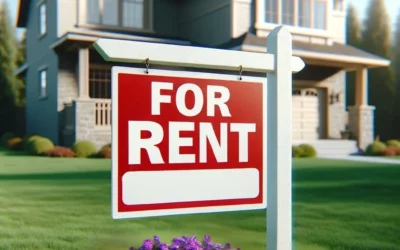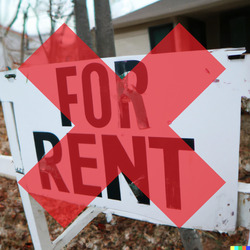Requests by co-owners to alter or modify their units—or adjacent common elements—are among the most frequent and challenging issues faced by condominium associations. For board members and property managers, responding to these requests requires careful consideration,...
Restrictions and Enforcement
Webinar – The Michigan Homeowners’ Energy Policy Act
The Michigan Homeowners' Energy Policy Act: What Board Members and Managers Need to Know If you are a board member or manager of a Michigan community association, you need to know how to comply with the Homeowners' Energy Policy Act, which becomes effective April 2,...
Court of Appeals Decision Recognizes Swim Spas as Swimming Pools: A Victory for Community Association Law
MAGWV has successfully argued that an above ground “swim spa” constitutes an above ground “swimming pool” and is therefore prohibited when an association’s governing documents prohibit above ground swimming pools. In Hills of Oakland Subdivision Association v....
New Homeowners’ Energy Policy Act Impacts All Community Associations in Michigan
The State of Michigan adopted Public Act 68 of 2024, known as the "Homeowners’ Energy Policy Act" (the “Act”). Its effective date is April 2, 2025. This Act impairs the ability of condominium and subdivision associations (referred to in this article as “community...
Untenable Tenants! How to Address Problem Renters in Your Condominium
Tenants in condominium communities are often viewed as challenging, since they may not be familiar with condominium living. Because of this lack of experience, tenants may interfere with management, refuse to maintain the decorum required by the bylaws, or damage...
Deadline Regarding the Marketable Record Title Act
Updated as of March 28, 2024 The Michigan State legislature amended the Marketable Record Title Act (MRTA) in 2019. While many community association boards and managers may not be familiar with the MRTA since its provisions historically have not affected community...
Curbing Parking Issues in Common Interest Communities
Insufficient parking in shared interest communities often leads to the inability to meet the parking requirements of all residents. While the adequacy of parking facilities may not have been a significant concern for community associations established in the 1970s or...
Short-Term Lessors Lose Another Appeal
The Michigan Court of Appeals recently issued an opinion in Apache Hills Property Owners Association, Inc. v Sears Nichols Cottages, LLC (Docket No. 360554) which reconfirms how to interpret leasing and use restrictions. This case involved a dispute over the...
To Keep or Not to Keep: Navigating the Legal and Social Challenges of Backyard Chickens in Michigan Condominiums
Keeping backyard chickens has become increasingly popular over the years as more and more people seek to live a sustainable and self-sufficient lifestyle. But is it legal for Michigan community association residents to keep chickens in the backyard of their...
Why Associations Must Be Aware of Changes to the Marketable Record Title Act
Updated as of March 28, 2024 As discussed in more detail below, the State legislature amended the Marketable Record Title Act (MRTA) in 2019. While many community associations may not be familiar with the MRTA since its provisions historically have not affected...
Be Aware of Potential Disparate Impact Discrimination Claims in Your Association
In community association administration, disparate impact claims can arise when a seemingly neutral policy or practice has a disproportionate negative impact on a group protected by fair housing laws. For example, communities occasionally ask us whether they can...
Owners and HOAs Can Remove Discriminatory Restrictions from Recorded Documents
The time is always right to do what is right. Martin Luther King, Jr. A new Michigan law went into effect on December 13, 2022 called the Discharge of Prohibited Restrictive Covenants Act (“Act”). This Act gives Michigan property owners and Michigan community...












